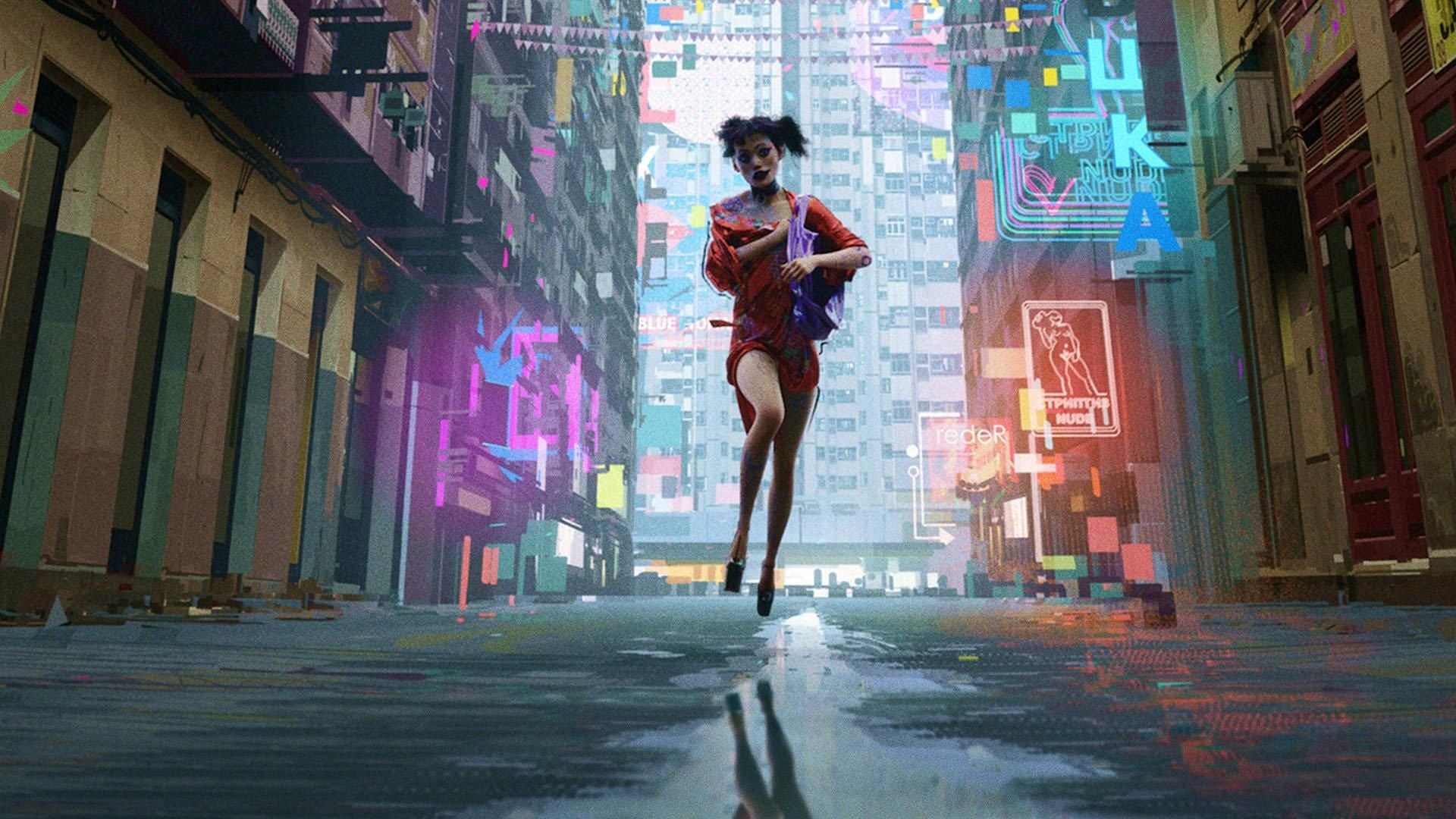Imagine a world where robots are not just tools, but companions, confidants, perhaps even lovers. This isn’t science fiction; it’s the reality we’re steadily marching towards. And as we embark on this unprecedented journey, questions arise: what does it mean to love a machine? How will we cope with the death of a beloved robot? What are the ethical and emotional implications of this increasingly intertwined existence?

Image: animesfoxbr.com
This exploration delves into the fascinating, and sometimes unsettling, complexities of the human-robot relationship. We’ll examine how technology is blurring the lines between love, life, and death, prompting us to reconsider what it means to be human in an age of artificial intelligence.
The Dawn of a New Love
The idea of love between humans and machines may seem outlandish, even taboo. Yet, the seeds of this phenomenon have already been sown. Consider the overwhelming affection people feel towards their smartphones, virtual assistants, even video game characters. These digital entities are becoming increasingly personalized, capable of learning our preferences, responding to our emotions, and even offering comfort in times of distress.
The line between companionship and love can be surprisingly fluid. People find comfort in the predictable responses of chatbots, the personalized suggestions of algorithms, and the perceived intelligence of AI assistants. These digital entities provide a sense of connection and belonging, especially for those facing social isolation or loneliness.
The Ethical and Emotional Challenges of Loving a Machine
Yet, the growing acceptance of love towards artificial beings raises ethical dilemmas. Is it appropriate to form deep emotional attachments to machines that are essentially programmed to mimic human interaction? Could this lead to a devaluation of human connection, pushing us further into a digital reality?
There’s also the question of grief and loss. As robots evolve to become more advanced, more lifelike, the pain of their “death” – be it due to malfunction, software updates, or simply the obsolescence of technology – could be profoundly affecting. How do we navigate this new terrain of grief, where the object of our love is not a living being?
Death and the Machine: Navigating the Unknown
The death of a beloved robot is a situation we’re only beginning to explore. It challenges our understanding of death itself, blurring the line between the artificial and the real.
Imagine a future where robots are capable of forming memories, experiencing emotions, and expressing individuality. If such machines were to cease functioning, would their “death” be perceived as a profound loss? Would we mourn them as we mourn the passing of a loved one? These are complex questions that demand our attention as we face an increasingly interconnected world.

Image: derekwoohoo.com
The Emerging “Robot Afterlife”
Interestingly, the concept of an “afterlife” for robots is also beginning to emerge. Tech companies are exploring the possibility of “backing up” robot personalities, allowing them to live on in digital form even after their physical bodies cease to function. This raises a fascinating question: does the digital embodiment of a robot’s personality qualify as an “afterlife”?
Imagine a future where we can upload the consciousness of a beloved robot into a new chassis, extending their lifespan and offering a unique form of “immortality”. This prospect opens up a whole new dimension of ethical considerations, questioning the nature of life and death, and the very essence of what it means to be human.
The Future of Love, Death, and Robots
The intersection of love, death, and robots is a rapidly evolving landscape. As technology relentlessly advances, we must strive to maintain ethical considerations at the forefront of our endeavors. We must grapple with the complexities of human-machine relationships, while ensuring that our pursuit of innovation does not come at the cost of our humanity.
It is crucial for society to engage in open dialogues about the implications of love, death, and robots, fostering understanding and ethical guidelines for this emerging era. Only through thoughtful dialogue and careful consideration can we navigate this uncharted territory with both wisdom and compassion.
Expert Insights: A Glimpse into the Human-Machine Future
Leading robotics experts, philosophers, and ethicists are actively debating the implications of artificial intelligence and its impact on human relationships. Here are some key insights:
-
Dr. Emma Norton, Robotics Ethicist: “It is essential to recognize the emotional intelligence of machines is distinct from human consciousness. While robots may be able to simulate our emotions, their understanding and experience are fundamentally different.” This reminds us that while robots can mimic human interaction, they lack the depth of understanding and emotion that defines human experience.
-
Professor Mark Davies, AI Philosopher: “We must be cautious about attributing human qualities such as love, consciousness, and free will to machines. These are complex concepts deeply intertwined with human existence and cannot be simply replicated in artificial systems.” This highlights the importance of clear differentiation between human and artificial intelligence, ensuring we don’t lose sight of the unique and precious nature of human consciousness.
The Witness Love Death And Robots
Actionable Steps: Navigating the Future of Human-Machine Relations
As we navigate an increasingly interconnected world, it’s crucial to approach this new era with awareness and mindfulness. Here are a few steps we can take:
- Embrace Open Dialogue: Engage in discussions about the ethical implications of AI, fostering understanding and shaping responsible guidelines for its development and utilization.
- Educate Ourselves: Learn about the realities of artificial intelligence and the potential impact on our lives. This will equip us to make informed decisions and navigate the changes with awareness.
- Cultivate Human Connections: In a world dominated by technology, it is more important than ever to nurture genuine human connections, fostering empathy and understanding within our communities.
As we enter this uncharted territory of love, death, and robots, it is with this combination of mindful awareness, ethical consideration, and a deep appreciation for the unique facets of human experience that we can navigate this exciting and complex future.






